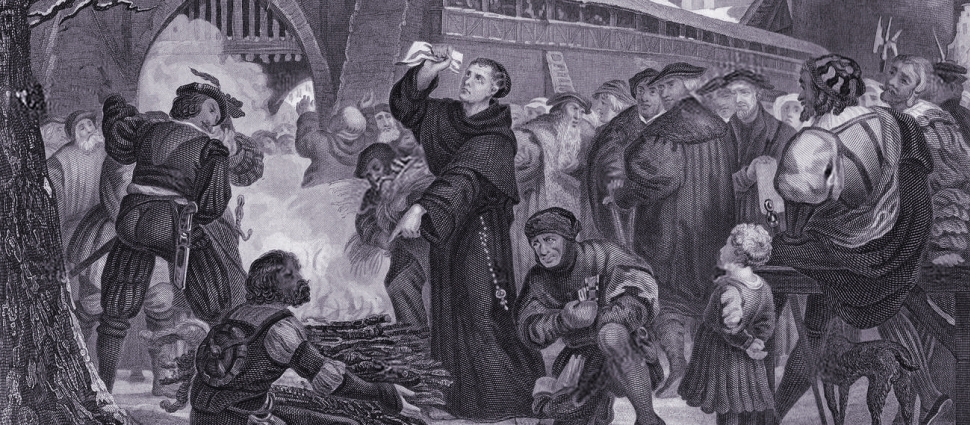Wednesday, April 1, 2020

In these days, I find myself drawn more than usual to those passages of Scripture which help me to lament. I gravitate particularly to the Psalms which give language for lament and grief and even complaint. The Psalms are not embarrassed by our moans of sorrow and protest. Indeed, John Calvin wrote that when we enter a time a crisis, “we are all too apt at such times to shut up our affliction in our breast – a circumstance which can only aggravate the trouble and embitter the mind against God.”
As Carl Trueman observes:
The psalms as the staple of Christian worship, with their element of lament, confusion, and the intrusion of death into life, have been too often replaced not by songs that capture the same sensibilities – as the many great hymns of the past did so well – but by those that assert triumph over death while never really giving death its due. The tomb is certainly empty; but we are not sure why it would ever have been occupied in the first place.[1]
The point, of course, is that we rush past any careful consideration of lament over sin and the curse. We long for pronouncements of victory but end up trivializing that victory because we have not wept over what has been lost.
Our current crisis should be a megaphone blasting forth the news that things are not the way they are supposed to be. Men and women were not created in order to become sick and die. But neither were we created to sin. The magnitude of suffering in the world ought to be testimony to every human both of the moral weight of God and the moral disaster of sin. Man has rebelled against his Maker, the Judge of all the world. And since God is infinitely holy, sin is infinitely disastrous.
And so in times when the consequences of sin are seen in such bold relief as they are today, let us not hold back our cries of grief. Let us not be silent when our hearts are swollen with hard questions and dismay. Godly men and woman have had moments when the only prayers they could muster were “Why O Lord?!”
Christians can pray that way because ultimately our prayers do not end in a place of dismay (even if they do for today). No matter how sorrowful may be in the night, we know that joy comes in the morning for God has built within his creation a calculus of redemption. That is, God, who is sovereign over all things, people, and events, has made a way for what was ruined by sin to be remade through the triumph of Jesus Christ.
In his wonderful book Rejoicing in Lament J. Todd Billings writes:
We trust that even though God is not the author of evil, God’s governance will bring what was intended as evil to good ends, even as God did with the evil intended by Joseph’s brothers; more significantly, God brought redemption through the evil act of the soldier’s crucifixion of Jesus Christ…In the words of one Reformed confession* about the “ordaining” or “willing” of God, “God does not ordain evil in the same way that God ordains good – that is, as something pleasing to God – but as something God hates.” Yet God freely permits the evil of creatures, “and in a wonderful way uses [it] for good.” God hates evil, yet the world is in God’s governing hands to such an extent that we can lament and blame God when he wills to permit evil. We don’t know why God permits evil – in general or in particular circumstances. Yet with the psalmist we can come before a God who is good and trustworthy, powerful and loving, with lament, petition, and praise until Christ’s kingdom has fully come.[2]
* The Reformed Bremen Consensus (1595)
[1] Carl Trueman, “Tragic Worship,” First Things, June/July 2013, p. 20
[2] J. Todd Billings, Rejoicing in Lament (Grand Rapids: Brazos Press, 2015) p. 69




